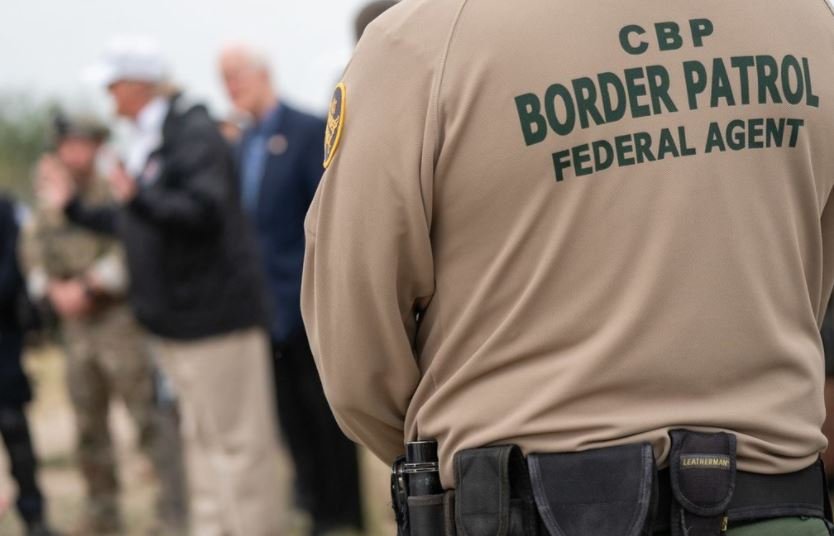Anna Hernandez
Deportation: A Crucial Step to Heal Border Consequences

By Dr. Thomas Patterson
Recent electoral rhetoric from Democrats centered on the imperative to “protect our democracy.” However, the fidelity to this principle appears selective, activated only when outcomes align with their preferences. A prime example lies in Proposition 314, which, after garnering approval from over 60% of voters, aimed to arrest immigrants crossing illegally and restrict public benefits for undocumented individuals. This reflects a clear exercise of democracy.
Countering this democratic choice, Phoenix councilmember-elect Anna Hernandez has pledged to protect immigrant residents against the perceived threats of Prop 314. “The Phoenix Council must move immediately to protect immigrant refugee residents,” she asserted, signaling a readiness for opposition against the law. Phoenix Mayor Kate Gallego echoed this stance, stating that city resources would not facilitate the enforcement of Prop 314.
The conversation around immigration policy is accelerating. Prominent civil rights leader Barbara Jordan highlighted in 1995 the necessity of credible immigration measures, including deportation as a cornerstone of systemic integrity. The current situation echoes her call; the “broken immigration system,” as labeled by Vice President Kamala Harris, requires honest reevaluation and subsequent action.
Currently, there are approximately 1.3 million individuals eligible for deportation under immigration law, stemming from an ICE non-detain docket that totals about 7 million. Congress has sanctioned their removal, yet these efforts are hampered by “recalcitrant” home countries failing to provide necessary travel documentation. The Supreme Court’s stance on deportation timelines further complicates matters, requiring the release of those not processed within six months.
U.S. law provides a procedural mechanism: if a country obstructs repatriation, the Secretary of State is obliged to halt visa approvals for that country. This leverage could push nations like China and India to comply, yet the Biden/Harris administration has refrained from implementing such measures.
Since the border crisis intensified post-2021, the number of removals has drastically decreased relative to previous administrations. The government has oscillated between proclamations of border security and proposals for amnesty, coupled with funding aimed solely at accelerating immigration processes.
Proactive steps could alleviate some pressures on the system. The Department of Homeland Security (DHS) has the authority to mandate registration and fingerprinting for non-green card holders, creating a streamlined method to manage illegal populations. Historical data indicates that such measures could encourage self-deportation.
Implementation of the E-Verify program would compel employers to confirm their workers’ immigration status, addressing the demand for low-wage labor that often facilitates illegal employment. Mitigating the economic allure could significantly reduce the number of undocumented immigrants residing and working in the U.S.
Accommodating undocumented populations leads to increased long-term societal burdens. Upholding the Rule of Law is fundamental to American values, impacting our collective freedom and prosperity. Ignoring the legal framework at our borders poses significant risks.
In conclusion, effective border control and immigration enforcement can be achieved not through extensive financial investment or new legislation, but through the diligent enforcement of existing laws to ensure the safety and well-being of all citizens.
Dr. Thomas Patterson, a former chairman of the Goldwater Institute and a seasoned emergency physician, served as an Arizona State senator and Majority Leader in the 1990s. He is also recognized as the author of Arizona’s initial charter schools legislation.


















